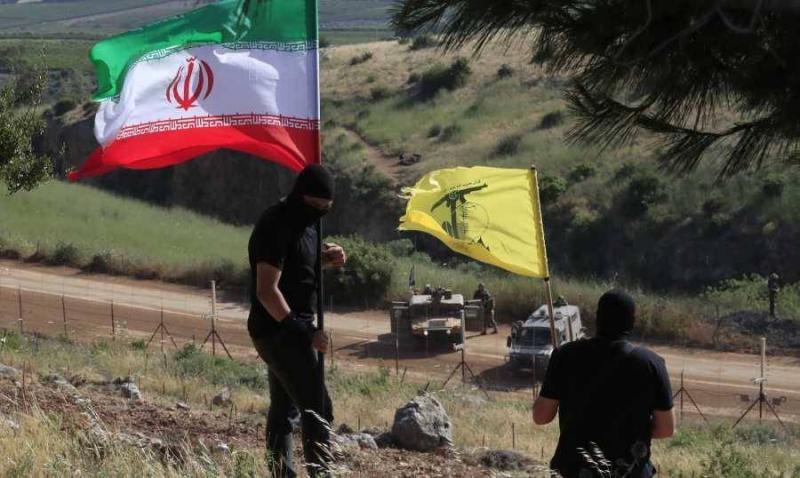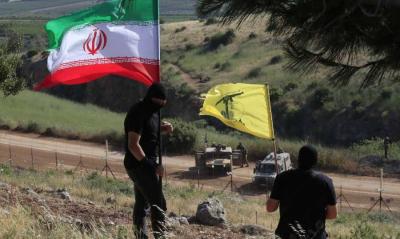The Kuwaiti newspaper "Al-Jarida" pointed out that "Iran sees Hezbollah as the crown jewel of its project in the region and cannot afford to sacrifice it. Any large-scale war that breaks out in Lebanon will create numerous crises and problems for the party, not only from a military or security standpoint but across various political, social, and economic aspects. Particularly, any major war would lead to the destruction of Lebanon, resulting in internal political upheavals for the party, in addition to the significant crisis that the Shia community would suffer, with its members being displaced and their cities and villages destroyed."
It noted that "there is a clear Iranian focus on the role played by the 'Ansar Allah' group in Yemen, where the Houthis have assumed a role that Hezbollah carried out from the 1980s until 2006, by engaging in multi-directional conflicts to cement their role, recognized by both internal Lebanese forces and regional and international entities. This is what Iran seeks to achieve through the Houthis, via operations they are conducting in the Red Sea, actions occurring alongside American-Iranian negotiations in Oman and elsewhere through various mediators, aiming to reach agreements that redraw the rules of engagement and the game on maritime shipping routes and international trade crossings."
The report clarified that "this is happening amid ongoing efforts to reach a ceasefire in the Gaza Strip that would extend to various fronts. Interestingly, in light of these leaks, the intensity, quality, and frequency of military operations along Lebanon's southern borders have decreased. For three days, the confrontations were less than normal and routine, which political sources categorize as exchanged messages between both parties regarding their refusal to escalate tensions."




